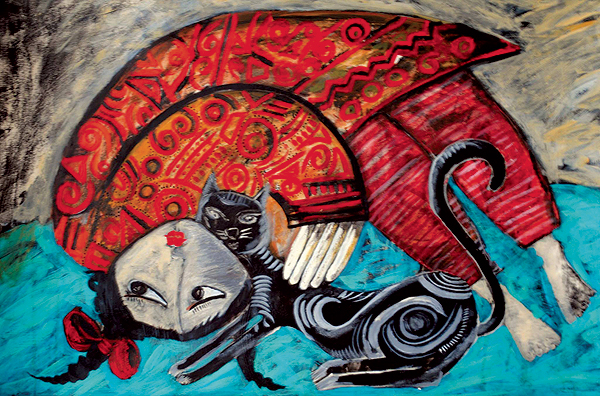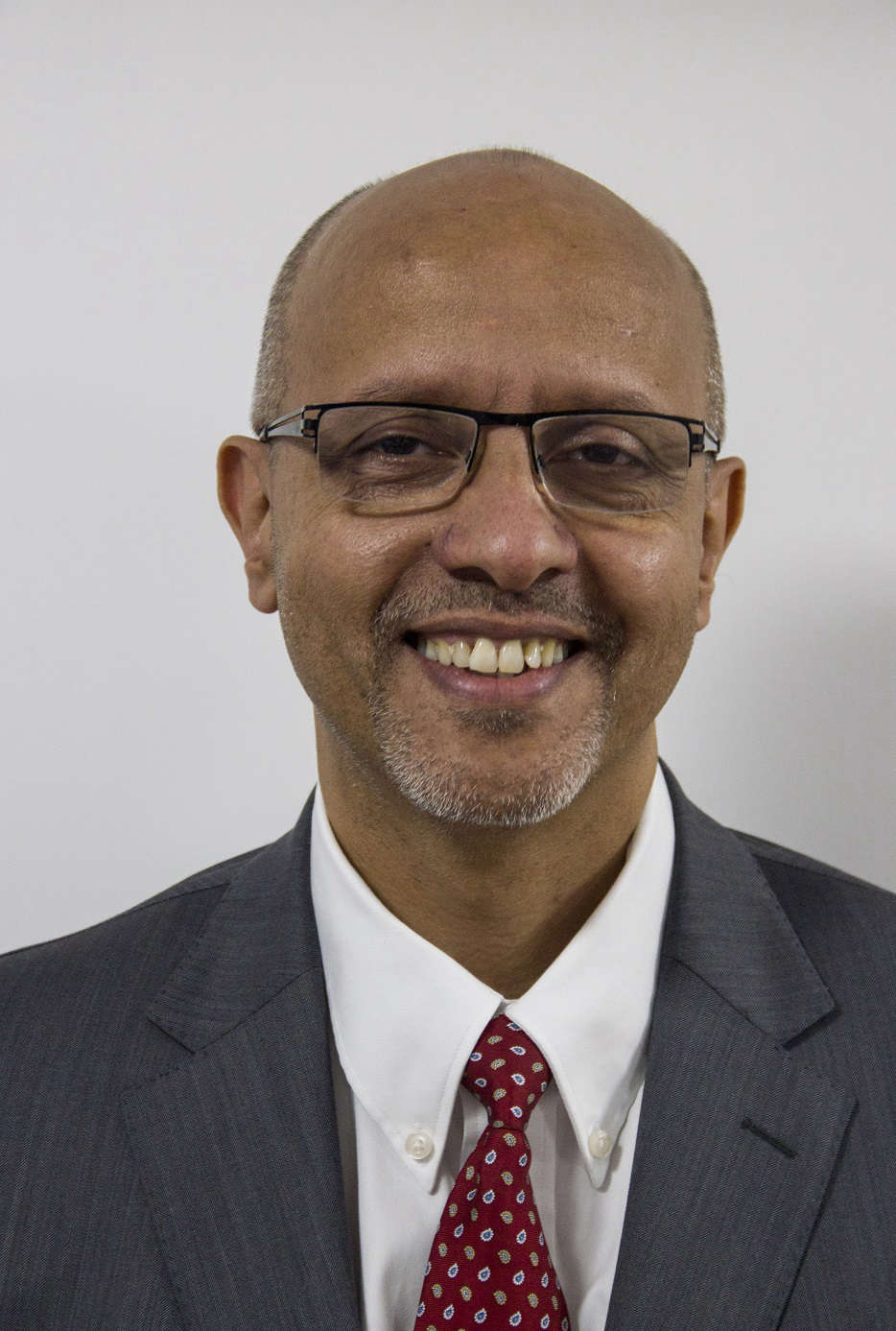
Effective state-building is not simply about building or capacitating state institutions. It is about forging a “social contract” between the state and its inhabitants, shaping and enforcing a set of political, social, and economic rules that govern both society and the state itself. This relationship is a form of political settlement, delineating the checks on power and the limits on individual agency. Rule of law provides the anchor for this relationship. It is both the foundation and the result of this political settlement. Rule of law is, in essence, the implementation framework for the social contract and is therefore fundamental to the success or failure of the state-building project; for as experience has taught us elsewhere, prioritizing institution-building over and above efforts to ensure government accountability, social cohesion, citizen security, and the protection of rights has too often undermined reforms and ultimately allowed space for destabilization and violence.
Strengthening the rule of law is a complex and often tricky task, precisely because it is concerned with the exercise of political power, the distribution of authority and resources, and human rights. Far from being a purely technocratic endeavor, rule of law development is more often than not highly political in content and nature, and subject to competing interests. Identifying opening points for addressing systemic issues can be a considerable challenge, improvements often require long-term investment, and measuring the impact of reforms can be a convoluted and resource-intensive process. Understanding these factors is critical to the success or failure of efforts to strengthen the rule of law in the State of Palestine, and concerted national and international alignment is essential if progress is to be made on key reforms necessary to safeguard the social contract and not risk undermining state-building efforts.
Following the establishment of the formal apparatus of Palestinian government more than 20 years ago, the Palestinian Authority embarked on a flurry of activity, formalizing or putting in place the internal frameworks which are the institutional hallmarks of a social contract governed under the rule of law – an interim constitution in the form of the Palestinian Basic Law, a legislative assembly, a formally constituted judicial authority, law enforcement capabilities, and so on. Today, in no small part owing to the intensive state-building agenda, many of these institutions have reached considerable maturity in terms of their structural and functional organization and their capacity to deliver services to the Palestinian people. However, the essential question that we must pose here is: to what extent has this process succeeded in galvanizing a dynamic state-society relationship in which expectations can be legitimately negotiated and managed in accordance with the rule of law, and what steps are needed to strengthen this further?
♦ Without concerted efforts by all actors – national and international, governmental and nongovernmental – to ensure the integrity of rule of law in the Palestinian context, the laudable state-building work of the last two decades risks being undermined.
The challenges of the current context must of course be acknowledged. At the regional and international levels, the lack of a horizon on final-status issues, the stagnation of the peace process, the tightening of the occupation, impunity for grave violations, the weak economic base, inconsistent international engagement, and shifting regional priorities all present considerable impediments. Domestically meanwhile, the lack of an internal political settlement, flawed legal frameworks, capacity weaknesses in justice and security institutions, evidence of social fragmentation, and perceptions of a growing “securitization” also hinder the development of a strong rule of law framework.
Amidst protracted conflict and occupation, the yearning for justice is deeply felt, and the imperative to reinforce the social contract and meet the legitimate expectations of society is all the more important. Returning to our question then, it is fair to say that, at the level of the overall state-society bond and the rule of law framework that regulates it, progress has been uneven. On the positive side, improvements in public trust and confidence in state rule of law institutions can be shown over recent years in some instances, as well as examples of some increasingly responsive rule of law services. Ongoing justice-sector cooperation on the development of a national legal-aid strategy will hopefully constitute a further advance, and we should continuously recall that the human rights treaties to which the State of Palestine acceded in 2014 are amongst the most valuable tools at our collective disposal in this overarching pursuit.
On the other hand, more limited progress on some of the acknowledged priorities for strengthening the rule of law in the State of Palestine is still of concern. Examples are discussed elsewhere in this edition of TWiP, but I would point in particular to the need for steps to restore confidence in the independence of the judiciary, to ensure accountability for alleged human rights violations by security personnel, to clarify roles and mandates in the justice and security sectors, to advance the harmonization of legal frameworks, and to prioritize the reestablishment of a single, unified judicial authority between the West Bank and the Gaza Strip. These are all sensitive issues, but they are at the core of strengthening the rule of law to reinforce the social contract – and civic engagement in this discourse is essential.
With good reason, international assistance to the Palestinian justice and security sector has been accorded greater and greater importance since the start of the Palestinian state-building process, in just recognition of the role played by an effective rule of law framework in conflict resolution and in development and democratization processes. We are fortunate to be supporting efforts in this regard with funding from the European Union for the project entitled “Building a Sustainable Legal Aid System in Palestine” and from a consortium of donors including The Netherlands and Sweden, “Strengthening the Rule of Law in the oPt: Justice and Security for the Palestinian People”. Many of the excellent results and challenges faced in these projects are highlighted in this edition. Yet the international community has not always aligned its assistance as effectively as it might. Better international alignment is essential for the promotion of rule of law reform and development at the domestic level in the State of Palestine. Meanwhile UN Member States also have a collective responsibility to support compliance with international human rights instruments and resolutions of the UN Security Council to advance the rule of law and accountability at the international level.
In order to strengthen coherent approaches to rule of law assistance in the State of Palestine, UNDP is now working to design an integrated programmatic framework, together with UNICEF and UN Women. It is hoped that, alongside our donors and other development partners, and in partnership with the Palestinian government and Palestinian civil society, this programme will make an important contribution to strengthening the rule of law, reinforcing the social contract, and underpinning the state-building agenda.
» Roberto Valent is the Special Representative of the Administrator for UNDP’s Programme of Assistance to the Palestinian People (UNDP/PAPP). Prior to his current position, Mr. Valent was the UN Resident Coordinator and UNDP Resident Representative in El Salvador and Belize. From 2007–2010, Mr. Valent was Deputy Special Representative at UNDP/PAPP. From 2005–2007 he was Deputy Country Director in the Democratic Republic of Congo, and before that he was assigned as Deputy Resident Representative in Sudan from 2002–2005. Mr. Valent began his career with UNDP in 1995 in Albania. An Italian national, Mr. Valent holds a BA and an MA in political science from Bologna University, Italy, followed by another MA in international relations from Sussex University, United Kingdom.


